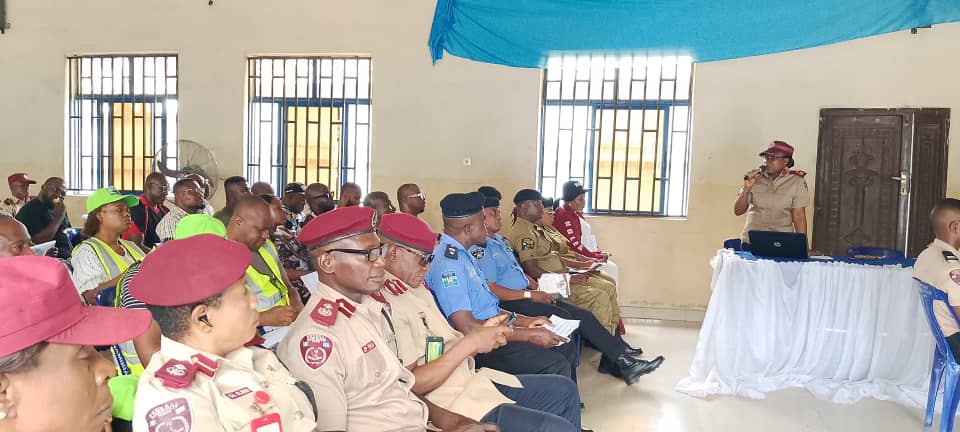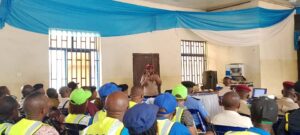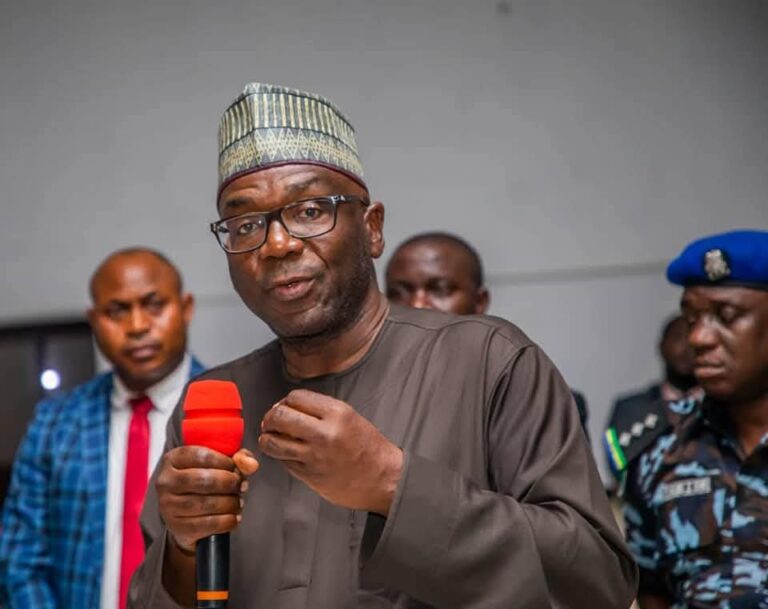555 Killed in Tanker Explosions in Nigeria Over Five Years – FRSC Report

At least 555 people have died in petrol tanker explosions across Nigeria between January 2020 and January 2025, according to data from the Federal Road Safety Commission (FRSC).

The Sector Commander of FRSC in Anambra State, Mrs. Joyce Alexander, presented the data on Thursday in Awka during a town hall meeting on tanker and trailer safety challenges in Nigeria.
Rising Death Toll from Tanker Explosions
Alexander revealed that approximately 80 tanker crashes occurred during the five-year period, resulting in hundreds of injuries and extensive property damage worth millions of naira.

Breaking down the fatalities by year, she noted:
2020: 18 tanker explosions claimed 161 lives
2021: 19 explosions led to 55 deaths
2022: 14 explosions resulted in 76 fatalities
2023: 13 explosions killed 118 people
2024: 13 explosions caused 85 deaths
January 2025 (so far): 7 recorded explosions
Tanker Accidents: Causes and Consequences
Alexander emphasized the risks posed by the thousands of petroleum tankers operating daily on Nigerian roads.
“More than 2,000 trucks transport hydrocarbons daily, and negligence in safety measures can have dire consequences, including environmental damage, loss of lives, and destruction of property,” she said.
She also condemned the dangerous practice of fuel scooping by residents when tanker crashes or spillages occur, warning that such actions significantly increase casualties during fire outbreaks.
In Anambra State alone, four trailer-related crashes in the past three months have claimed 24 lives and left many injured.
FRSC’s Efforts and Recommendations
To curb the rising incidents, the FRSC has implemented measures to enforce safety compliance, including the installation of speed limiters and other safety requirements for haulage vehicles.
Alexander called for:
Regular training and retraining of tanker drivers on road safety rules.
Strict maintenance of vehicles to prevent brake failures, worn-out tires, manhole defects, and improper latching of containers.
Legislation for stricter penalties on operators whose tankers are involved in crashes.
Rest areas for drivers to reduce fatigue-related accidents.
She also urged security agencies to reconsider excessive traffic checkpoints along major routes, which often disrupt tanker movement.
READ ALSO: South East Lawmakers Protest Senate’s Rejection of Nwosu’s Immortalization
However, the Divisional Police Officer of B-Division, Awka, SCP Uche Noah, stated that checkpoints could not be removed due to security concerns.
Meanwhile, tanker drivers and transport unions highlighted several challenges affecting their operations, including:
Poverty and economic hardship
Impatience and road congestion
Excessive police checkpoints
The actions of the Anambra State Road Traffic Management Agency
The town hall meeting aimed to develop strategies to reduce tanker crashes and explosions, ultimately safeguarding lives and property.





